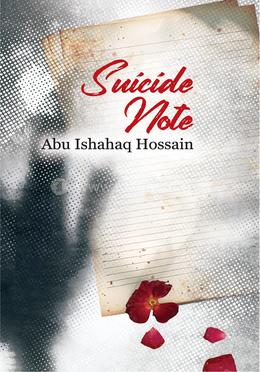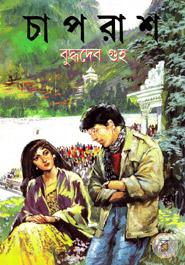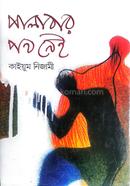The birds, aligned in flight, follow the sober setting sun. The crepuscular sky giggles, as if a tiny girl smiles upon a red-lipsticked lip. The grass in the nearby valley snoozes in the soft, dew-wet meadow bed. A hovering nomad cloud seems entrapped in the illusion of the evening's calm air. The blowing breeze whispers sweetly to nature. The trickling sound of the fountain, along with the murmuring leaves, sweetens the tweeting air. Everything around feels consecrated, as if paradise is descending to the earth, carried by the sweet chirping of nesting birds. The evening is sonorous, lively, sanctified, and shining like a mystic saint. Everything—the trees, grass, birds, fountain, river, and even the dust of the muddy path—seems to prostrate before the setting sun. Shelley’s quote, “Nobody bows to the setting sun,” feels wrong now. It seems as though everything around is bowing to the setting sun—not for salvation, not for any achievement, not even out of gratitude—but purely for love, for love of the sun.
Love!
“Love is the best religion,” grandmother would say when they were tucked under the quilt on winter nights. They lived in a joint family—his parents, uncles, aunts, elder brothers, and sister. It was a big family. Hamza was then only nine years old, and his three cousins were around the same age or younger. Grandmother shared her big room with them, and Hamza could clearly remember that she told them a different fairy tale every night. She was a vast warehouse of stories, and each night, she spun a new one.
Her renditions were dramatic, and every pronunciation, every gesture, was so exotic that everyone was thrilled and captivated by her storytelling. When she began describing the appearance of the ghost, it felt as if the ghost had truly descended into the dark room they shared. Hamza and all his cousins cowered in fear and hid under the quilt.
The gentle zephyr caresses Hamza, and he feels the warmth of his grandmother’s embrace in the cool breeze. The tranquil evening surrounds him, offering comfort, but his mind remains distant.
Love! The thought makes him shiver inside.
University, international hostel, Asha, love, twenty-five years. The storm of memories and emotions rages in his mind. Hamza casts his hapless gaze on the dark horizon.
Can love ever truly be unconditional? His face pales as frustration overtakes him. An unknown elusiveness engulfs him. He stares at the fading landscape; the evening spreading a cool, ashy curtain descends over the village. Everything seems blurry and elusive, yet devoted to the evening glow.
Hamza asks himself: Do the trees, the grass, the river, or the dust of the muddy path feel love? If they do, what is it like? Do they experience love like humans? Do they fall in love? Do they seek self-interest? If they do, do they break the hearts of their beloved? A sharp pang, like a fish’s thorn, pierces his heart. He had come to this green hillock beside the open horizon to soothe his burning heart, but now his heart aches even more. He doesn't know what to do. He cannot think anymore. The words “love, unconditional” cling to his mind like an unshakeable burden.
![]()



 Hello, Sign in
Hello, Sign in  Cart
Cart 











































